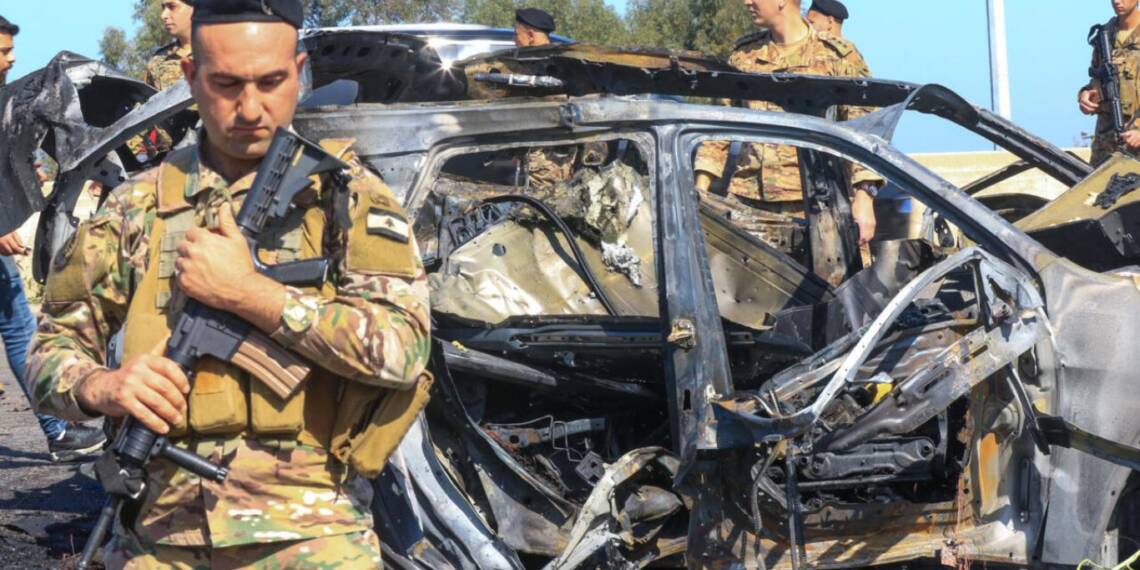Benin has confirmed that 54 of its soldiers were killed in a deadly attack by suspected jihadists in the north of the country. The attack took place on April 17 in the W National Park, near the borders with Burkina Faso and Niger.
Initially, the government had reported only eight deaths. The revised number makes it the deadliest jihadist attack in Benin since extremist groups began operating in the north a few years ago.
The attack was claimed by Jama’at Nusrat al-Islam wal-Muslimeen (JNIM), a group linked to al-Qaeda. JNIM, which is based in Mali, claimed responsibility through the intelligence group SITE and said it had killed 70 soldiers. The group has expanded its operations into neighbouring countries in recent years.
Government spokesman Wilfried Leandre Houngbedji said, “Even if it’s not 70… it’s a lot.” He added, “The soldiers who have fallen are our children, our parents, our friends.” Presidential spokesman Serge Nonvignon also wrote on Facebook, calling it “a heavy loss for the nation.”
Benin deployed nearly 3,000 soldiers to its northern borders in January 2022 to contain the threat. Later, it sent an additional 5,000 troops. Despite these efforts, jihadist violence has continued to grow. In January 2025, 28 soldiers were killed in a similar attack near the same area, also claimed by JNIM.
Benin, along with neighbouring Togo, has seen a rise in jihadist attacks as extremist groups expand south from the Sahel region. The Sahel, which includes Mali, Burkina Faso, and Niger, is now considered the global epicentre of terrorism.
According to the Global Terrorism Index, the Sahel now accounts for more than half of all terrorism-related deaths worldwide. While global deaths from terrorism have dropped since their peak in 2015, deaths in the Sahel have increased nearly tenfold since 2019.
West Africa’s Sahel region has become the latest scene of jihadist in-fighting after the Islamic State group (IS) revealed it is engaged in fierce clashes with al-Qaeda militants in Mali and Burkina Faso.
Despite the tragedy, Benin’s government says it remains committed to fighting terrorism. “We won’t give in,” said Houngbedji. “Sooner or later, we will win.” Benin now faces a major security test as it works to protect its borders and people from spreading jihadist violence.








